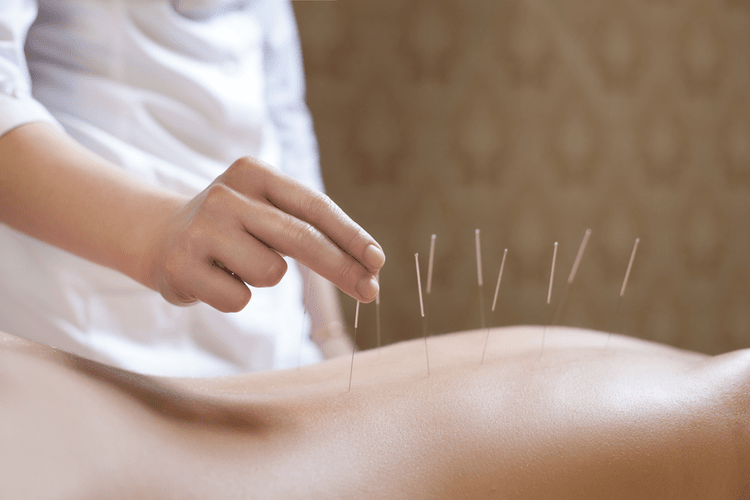How does alcohol affect weight loss? What to know
Content
Beer also gets the blame because alcohol calories are so easy to overdo. A typical beer has 150 calories – and if you down several in one sitting, you can end up with serious calorie overload. Be okay with not losing 30 pounds in a month.It’s safe and healthy to lose up to 2 pounds every https://ecosoberhouse.com/ week, according to various experts. When you are drinking, you are not exercising.That’s a little oversimplified, but if you don’t drink, you have more free time to exercise. Removing alcohol from your diet can also reduce your risk of developing acid reflux or stomach inflammation.

It can seem hard to avoid alcohol at social gatherings and parties. A good trick is to order one drink and carry it with you throughout the night. Some of the sweetness comes from fruit juice, but the majority comes from added sugars in syrups and nectars. Alcohol has also been shown to lower inhibitions and stimulate appetite7, which can make it harder to stick to your weight-loss diet.
How Alcohol Contributes To Weight Gain
She graduated from The University of Maryland with a master’s degree in social work. Her experience in a variety of settings, from leadership in a hospital setting to private practice, affords Cheryl a well-rounded skillset ready to render top-notch care and serve the needs of our diverse community. As a licensed clinician, Cheryl stands ready to diagnose and treat a wide spectrum of mental, behavioral, and personality does alcohol make you gain weight disorders that sometimes present alongside a substance use disorder. James Scribner holds a bachelor’s degree from the University of Maryland’s Robert H. Smith School of Business. His career began working in the accounting industry as a financial auditor. In that role, James audited a national trade association with over 1,300 member companies that sell health insurance coverage to more than 200 million Americans.
Ethanol contains roughly 7 calories per gram, and most wine and beers also have sugar/carbs. Be sure to track your alcohol consumption so you don’t overshoot your calorie needs. And of course, avoid getting hammered if your goal is to lose weight/not gain weight. The bottom line is that excessive alcohol intake can make you gain weight. Heavy drinking can lead to extra calories and obesity, not to mention cancer, liver disease, and other diseases.
What Is Alcohol Tolerance?
Röjdmark S, Calissendorff J, Brismar K. Alcohol ingestion decreases both diurnal and nocturnal secretion of leptin in healthy individuals. Influence of moderate chronic wine consumption on insulin sensitivity and other correlates of syndrome X in moderately obese women. Alcohol drinking frequency in relation to subsequent changes in waist circumference.
- “Since alcohol has sedative effects that can induce feelings of relaxation and sleepiness, it can help an individual unwind and get settled for bed,” Maurin explained.
- Empty calories also contain extra calories than other foods that offer better nutritional value so you’re consuming extra calories with no added benefits.
- When you drink a marg, your body is so overwhelmed with the alcohol content that your body doesn’t properly metabolize the sugar.
- On the other hand, when you eliminate or significantly reduce your alcohol intake, you give your brain and emotions the opportunity to heal and regulate.
- Ultimately, walking away from a daily drink of alcohol means you are avoiding hundreds of calories, which can quickly lead to weight loss.
- Alcohol can also influence hunger via several central mechanisms.
- Body mass index, waist to hip ratio and waist/height in adult Polish women in relation to their education, place of residence, smoking and alcohol consumption.
Alcohol is known to lower inhibitions, impairing the logical decision-making sections of your brain like the prefrontal cortex. Our stories are reviewed by medical professionals to ensure you get the most accurate and useful information about your health and wellness. After a couple of drinks, the munchies often kick in—meaning you’re more likely to grab any quick and easy snack without really thinking about it. Claire Gillespie is an experienced health and wellness writer. Her work appears across several publications including SELF, Women’s Health, Health, Vice, Verywell Mind, Headspace, and The Washington Post.


